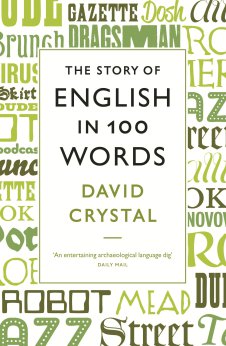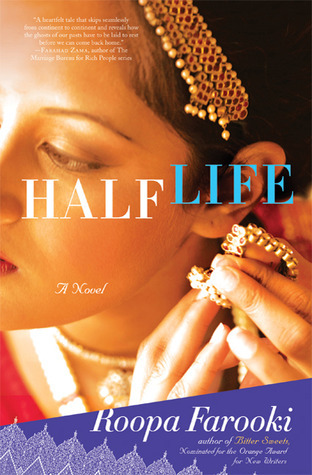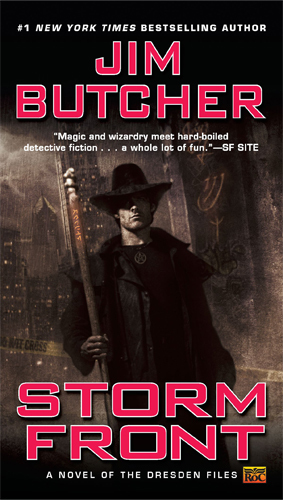
Book number 13 in the 26-Books-in-52-Weeks challenge has to be a book with a number in the title.
There are various books I could have chosen. For example, one favourite from this category would be The Thirty Nine Steps by John Buchan, which is probably the first thriller I read aged about thirteen. Another favourite would be, The Seven Daughters of Eve by Brian Sykes, which is non-fiction and is about genetic heritage. It tells how all Europeans are descended from just seven females who lived thousands of years ago.
But the one I’ve decided on is The Story of English in 100 Words by David Crystal. This is an entertaining, dip-into sort of book. I studied the history of the English language as part of my MA back in the 1970s and my fascination with how this rich and complex language developed persists. And of course, as a writer, it’s not surprising that I have an interest in all things linguistic.
Here’s the inside front cover blurb:
Featuring Latinate and Celtic words, weasel words and nonce-words, ancient words (‘loaf’) to cutting edge (‘twittersphere’) and spanning the indispensable words that shape our tongue (‘and’, ‘what’) to the more fanciful (‘fopdoodle’), Crystal takes us along the winding byways of language via the rude, the obscure and the downright surprising.
In this unique new history of the world’s most ubiquitous language, linguistics expert David Crystal draws on words that best illustrate the huge variety of sources, influences and events that have helped to shape our vernacular since the first definitively English word was written down in the fifth century (‘roe’, in case you are wondering).
And from the back cover:
Fopdoodle – a lost word (17th century)
A fop was a fool. A doodle was a simpleton. So a fopdoodle was a fool twiceover. Fopdoodle is one of those words that people regret are lost when they hear about them.
There are several delightful items in Johnson’s Dictionary which we no longer use. He tells us that nappiness was the quality of having a nap. A bedswerver was ‘one that is false to the bed’. A smellfeast was ‘a parasite, one who haunts good tables’. A worldling was ‘a mortal set on profits’. A curtain-lecture was ‘a reproof given by a wife to her husband in bed’.
There’s such a great variety of words included in this book along with their history. There’s everything from Alphabet to LOL, from the commonplace to the, ahem, Anglo-Saxon, and from the fifth century to the twenty-first. Crystal even explains where ‘and’ and ‘what’ come from.
I’d say there’s definitely a 100 reasons to check this book out.
The Story of English in 100 Words is published by Profile Books.
Share this:





